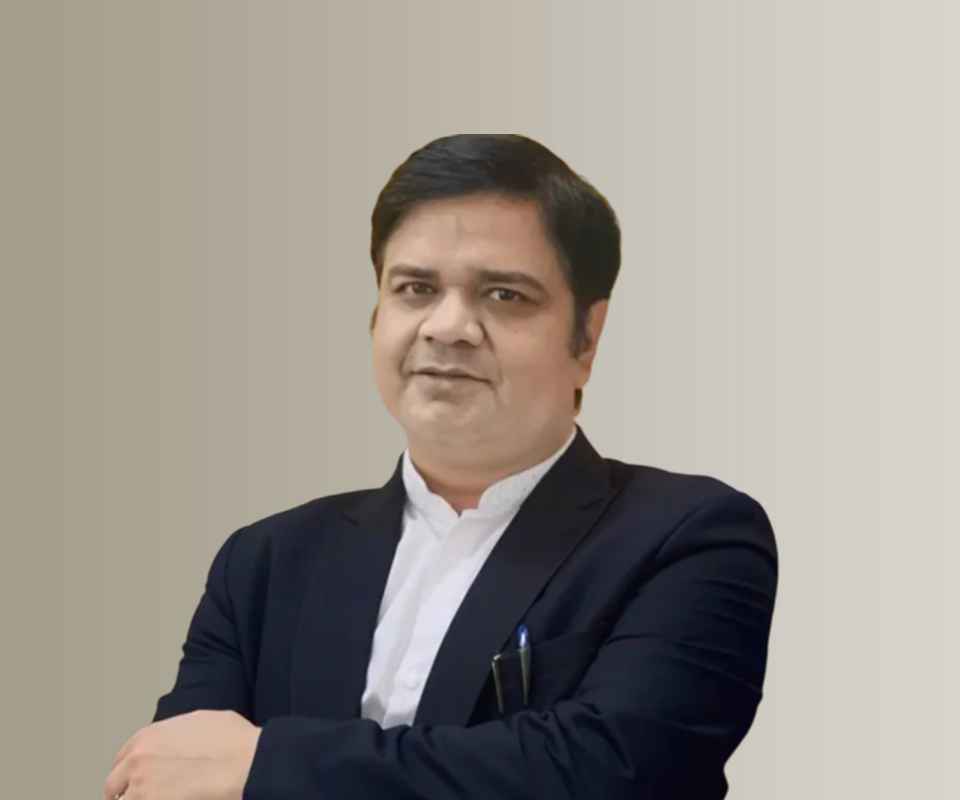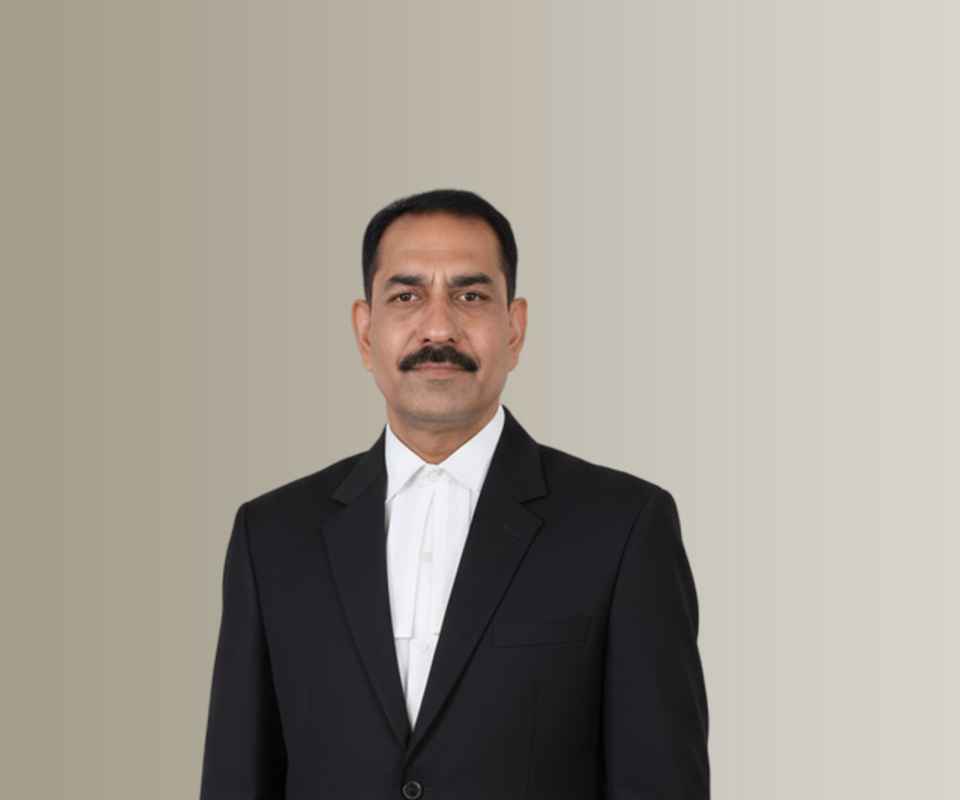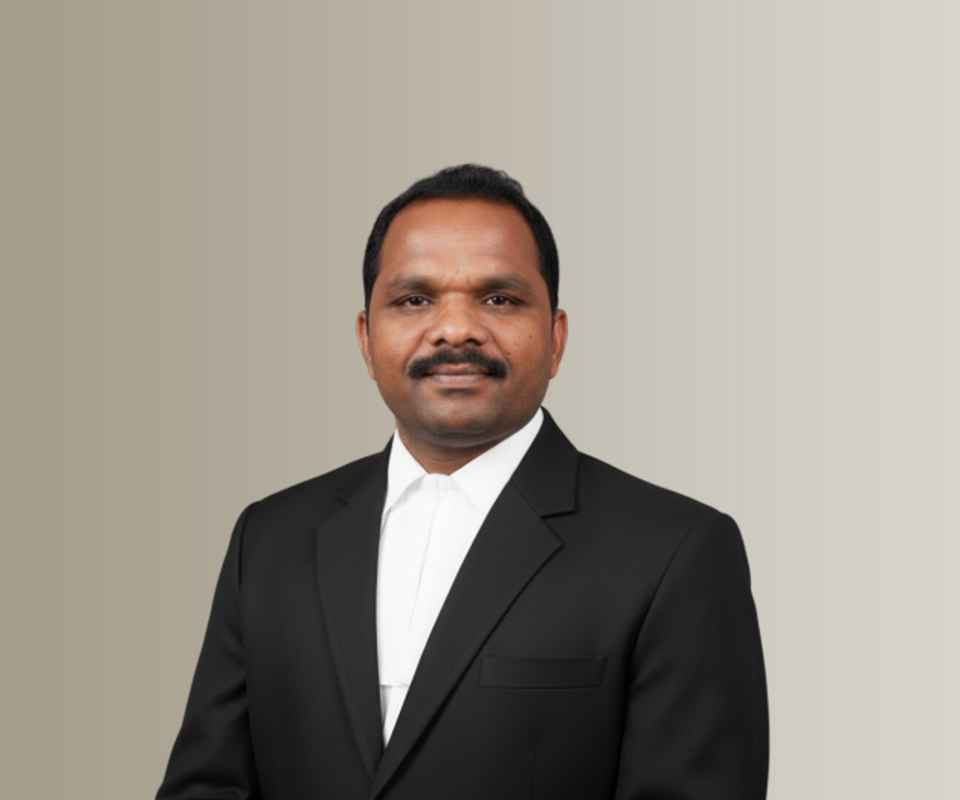Answer By law4u team
Constitution Of India Article 128: Attendance of Retired Judges at Sittings of the Supreme Court
Notwithstanding anything in this Chapter,{2}[the National Judicial Appointments Commission] may at any time, with the previous consent of the President, request any person who has held the office of a Judge of the Supreme Court or of the Federal Court {3}[or who has held the office of a Judge of a High Court and is duly qualified for appointment as a Judge of the Supreme Court] to sit and act as a Judge of the Supreme Court, and every such person so requested shall, while so sitting and acting, be entitled to such allowances as the President may by order determine and have all the jurisdiction, powers and privileges of, but shall not otherwise be deemed to be, a Judge of that Court: Provided that nothing in this article shall be deemed to require any such person as aforesaid to sit and act as a Judge of that Court unless he consents so to do.
NOTE
{2} Subs. by s. 5, ibid., for the Chief Justice of India (w.e.f. 13-4-2015). This amendment has been struck down by the Supreme Court in the case of Supreme Court Advocates-on-Record Association and another Vs. Union of India in its judgment dated 16-10-2015, AIR 2016 SC 117.
{3} Ins. by the Constitution (Fifteenth Amendment) Act, 1963, s. 3 (w.e.f. 5-10-1963).
Brief Detail
Article 128 allows the National Judicial Appointments Commission (NJAC), with the President’s consent, to request retired Judges of the Supreme Court or Federal Court, or a qualified High Court Judge, to attend and act as Judges of the Supreme Court when necessary. These retired Judges are entitled to allowances determined by the President but are not considered full-time Judges unless they consent to sit and act as such.
Question & Answers
When can a retired judge be requested to sit in the Supreme Court?
A retired judge can be requested to sit in the Supreme Court by the NJAC with the President's consent, if required, and provided the judge consents to do so.
What allowances are provided to retired Judges attending as Judges of the Supreme Court?
Retired Judges who are requested to attend as Judges are entitled to allowances as determined by the President, but they do not acquire full-time Judge status unless they agree to sit.
Example
If there is a shortage of sitting Judges in the Supreme Court, a retired Judge who has previously served on the Supreme Court may be called upon to temporarily act as a Judge, with their consent, to ensure the Court's functions continue without delay.
Summary
Article 128 permits the appointment of retired Judges, with their consent, to temporarily sit in the Supreme Court when needed, and they are entitled to allowances as determined by the President, but are not deemed full-time Judges.







